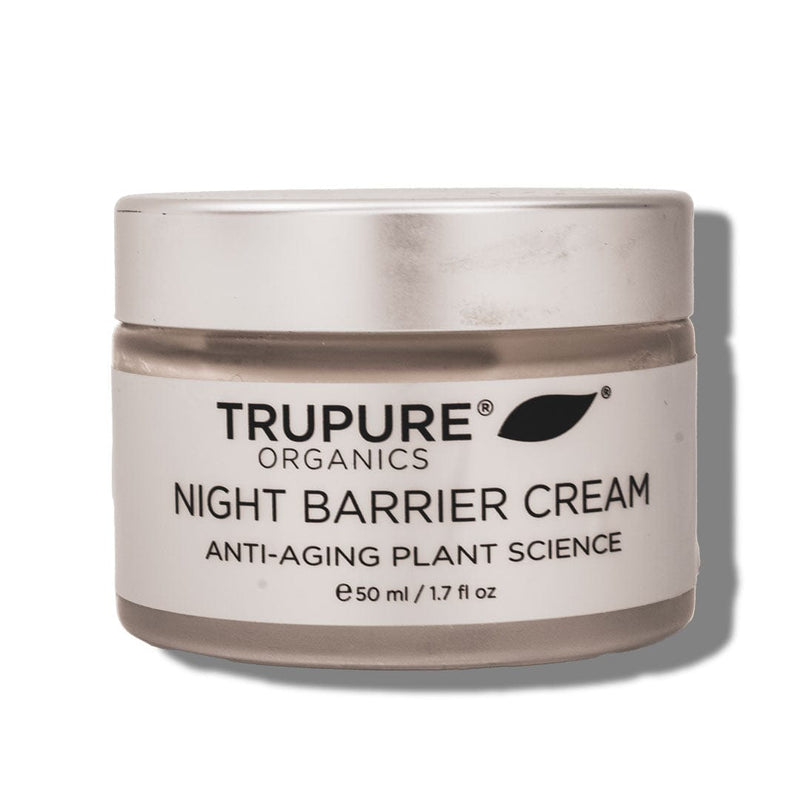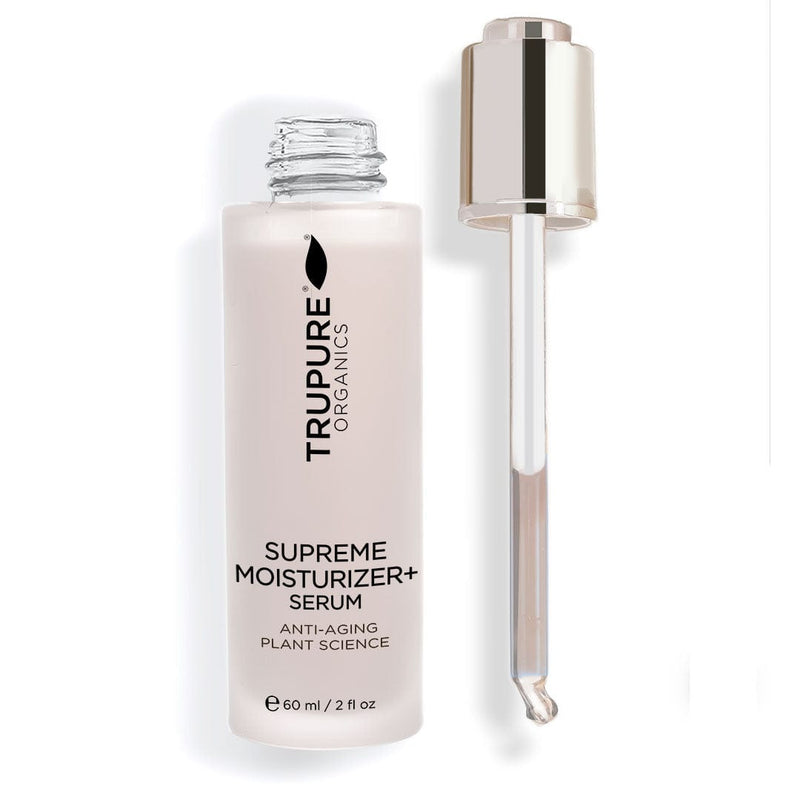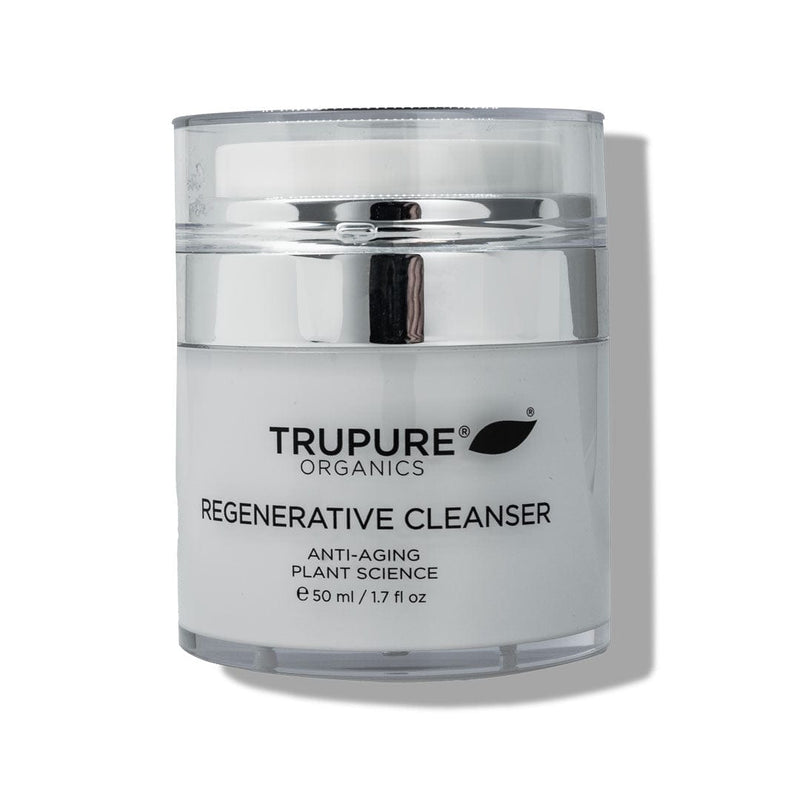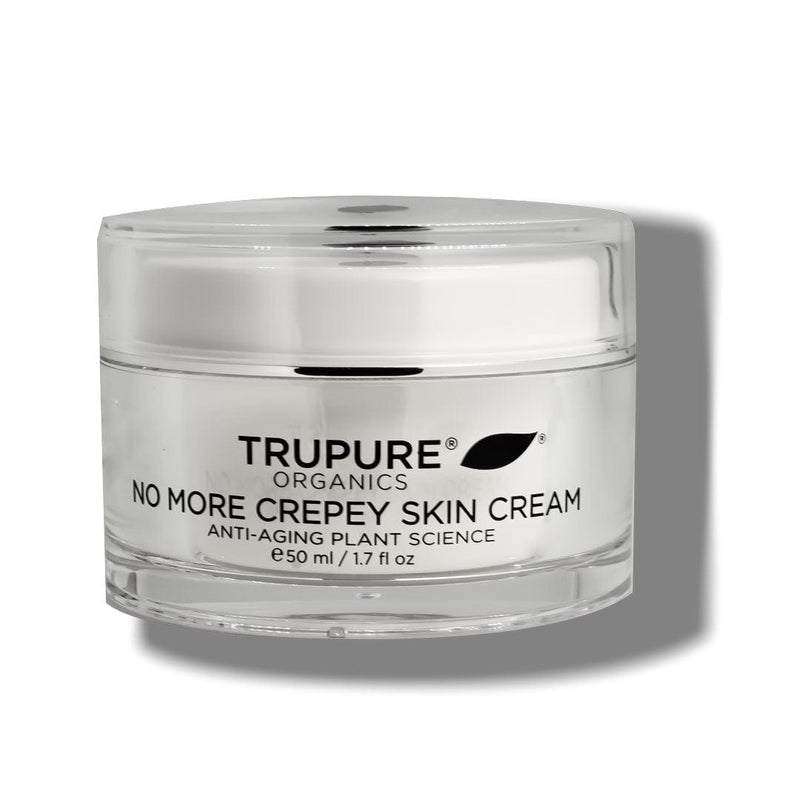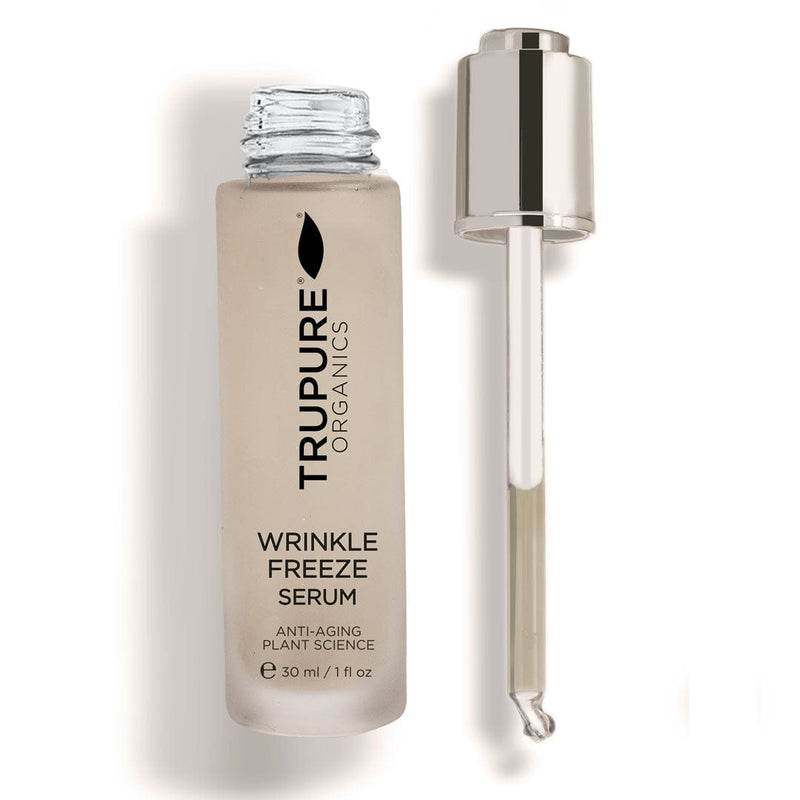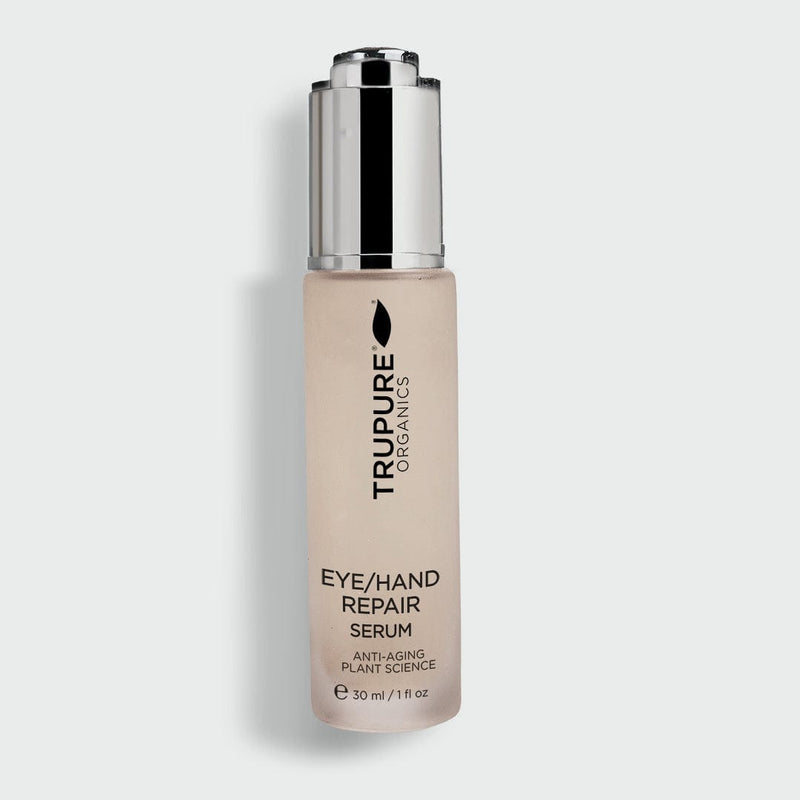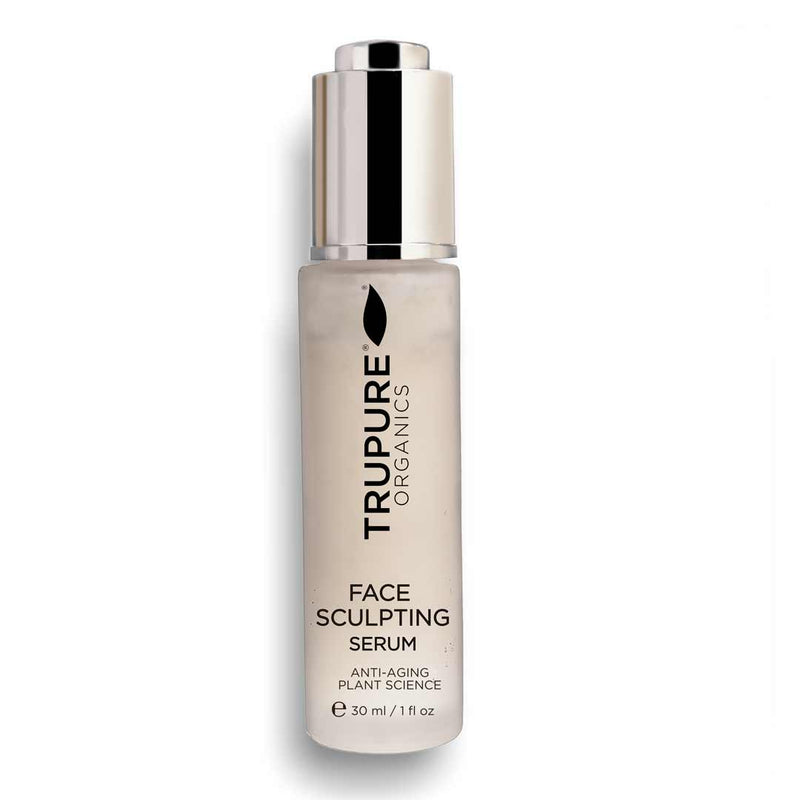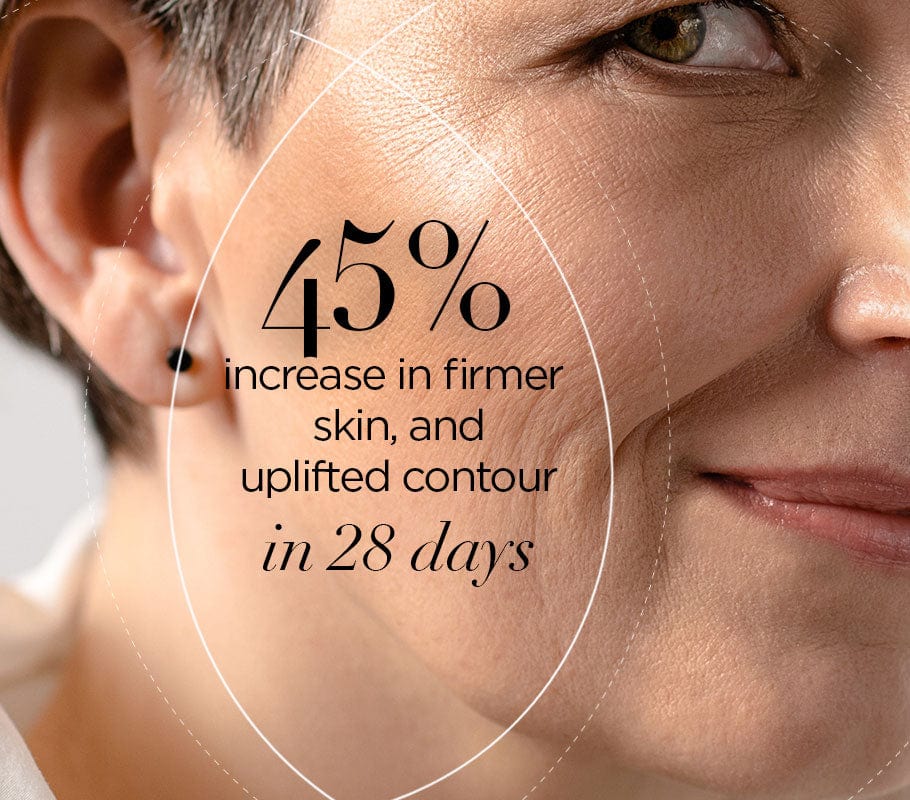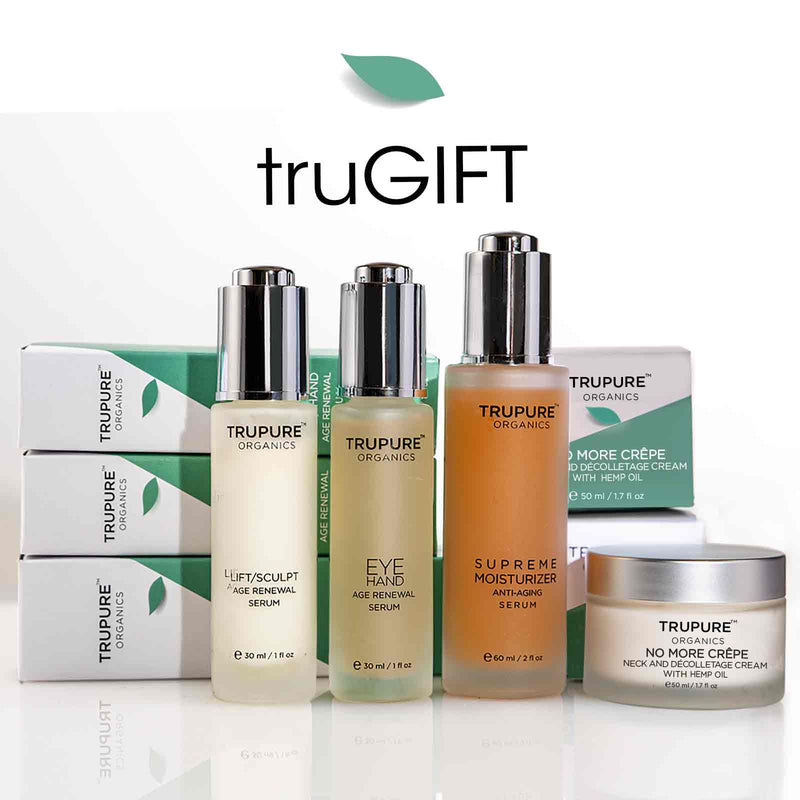How to Hydrate Your Skin Naturally

If your skin always feels dry, itchy, or irritated, chances are you have not learned how to hydrate your skin.
Did you know that a lot of skin problems we face are due to a lack of enough water? The human body is about 60% water which means that every cell in the body, including the cells, needs hydration to function properly. Not doing so can even lead to problems like cancer.
Poor hydration can cause migraines, improper bowel health, fatigue, and even a dry mouth. The skin also takes a hit when it is not adequately moisturized. Scientific research shows that there is a direct correlation between healthy skin and our self-esteem and mental health.
How your skin looks determines how you and other people perceive you. You should include methods and products that help keep your skin hydrated even in your senior years.
What causes your skin to lose its moisture?
When we age, our skin begins to lose its ability to keep in moisture. It starts feeling drier as fewer oils are manufactured. This is also the onset of other skin problems we will cover below.
Other reasons why your skin is losing moisture include;
- Climatic changes- people living in cold or windy regions are more likely to lose moisture. The same can be said for people in low-humid regions.
- Hot showers and over-scrubbing your skin- too much scrubbing will take off the protective natural oils. Bathing more often in hot water will strip them away too.
- Medication- people on certain medications can develop dry skin as a side effect.
- Skin conditions- atopic dermatitis and psoriasis are among the top conditions that cause desiccation.
- Heat- this includes space heaters, wood-burning stoves, fireplaces, or your central heating system. All these heating sources reduce indoor humidity which can affect your skin's moisture retention abilities.
- Chlorine water- if you are an avid swimmer, chlorine water tends to shed your skin of its natural oils. Having a healthy skincare routine helps combat the effects of chlorine water.
- Your job and stress- if your job entails working with harsh chemicals or materials like cement or clay, your skin will constantly feel dry.
How to spot skin dehydration
There are many ways to tell if your skin needs some extra moisturizing. Note that these signs will be more visible on normal and oily skin. People with dryness may not notice the symptoms that much.
Dull skin
This appearance is one of the sure ways to know if your skin is dehydrated. It will also feel rough and sometimes flaky.
Itchiness
Itchy skin can be caused by anything including parasites, scares, psoriasis, or insect bites. Yet, another subtle cause of it is dryness or xerosis which can be caused by the skin not having enough moisture.
Uneven skin tone
Dehydration can cause hyperpigmentation on your skin. You will notice patches or spots that are darker or lighter than your normal complexion.
Aging skin
Yes, your skin can look a little older than you are, especially when it's not well hydrated. It will appear wrinkly and what is commonly known as old lady arms.
Fine lines
Dehydrated skin becomes loose and develops wrinkles. Fortunately, there are products to both hydrates and get rid of these.
Oily skin
If you don't have oily skin, then the excess oil could be due to dehydration. As a coping mechanism, the skin's sebaceous glands produce more oil to compensate for the missing moisture. So there is a good chance that acne outbreaks or blemishes are a result of skin that is not properly emolliated.
Benefits
- Retaining skin moisture improves elasticity. Elastic skin will not be prone to crinkles, sagginess, or feel leathery to the touch.
- Hydrating also balances its natural epidermis. It can detect low moisture and compensate with increased oil production.
- Hydrating improves its defenses against environmental factors like cold weather and environmental allergens.
- Hydration is a detoxing trick. A well-hydrated skin can remove toxins and impurities effectively through sweating.
How to keep your skin hydrated even in your 50s
Hydrate with water
Drinking water is crucial for keeping your skin and your entire body healthy. Aim for at least 8 glasses a day as health experts recommend. Doing this helps hydrate your skin . Besides water, you can also hydrate with fresh juice or fruits with high water content like melons.
Take warm showers
As our bodies age, it becomes harder to generate natural skin oils which translate to reduced moisture retention as well. Very hot ones destroy the protective leaving your skin vulnerable to xerosis, folds, and flaking.
Use a hydrating moisturizer
There are plenty of moisturizers on the market that will help rehydrate your skin. Choose moisturizers with natural ingredients that help rehydrate.
Try to find one that contains organic aloe leaf juice which maintains hydration by locking in moisture.
Also, there are great sculpting serums out there that have more than one function.
Look for ones with ingredients like Safflower Oleosome and Agave leaf that continuously hydrate and lock in moisture on the skin.
Another ingredient to look for in hydrating moisturizers is hyaluronic acid. Hyaluronic acid is a natural lubricating compound in the body. It not only hydrates but also lubricates the joints and muscles to facilitate smooth mobility.
Choose skin cleansers carefully
Not all cleansers will be gentle on your skin. Since you want to have glowing skin even at 50, we suggest avoiding any foaming cleanser with harsh ingredients that take your skin of its natural things.
To be safe, buy foam ones with the right pH balance, have hydrating ingredients like hyaluronic acid and ceramides, and do not contain any harsh synthetic ingredients.
Conclusion
It is important to always monitor the health of your skin especially if you are over 40.
Other ways to maintain moisture include reducing hot baths, using mild skin cleaning products, and applying a plant-based hydrating moisturizer of choice.
When you want to improve your skins health you need to develop habits true to dermatology to moisturize and protect your skin. Make sure to use sunscreen and apply emollient cream so you can repair everything. Make sure to wash with gentle soaps and avoid alcohol-based products. A humidifier is also a great option.
You want to exfoliate the skin and reproduce new collagen. Make sure you follow a proper diet with nutrients needed and supplement what you may not get. Sleep is also hugely important. So, make sure you get your 8 hours.

About the Author
Paulette is the founder of TruPure Organics and a passionate advocate for clean, clinically-backed skincare for aging and delicate skin. With years of hands-on experience formulating products for crepey skin, dullness, and dehydration, Paulette’s approach blends nature, science, and real-world testing to deliver visible results.
Learn more about Paulette →Featured collection
- Regular Price
- $10.00
- Sale Price
- $10.00
- Regular Price
-
$20.00
- Unit Price
- per
